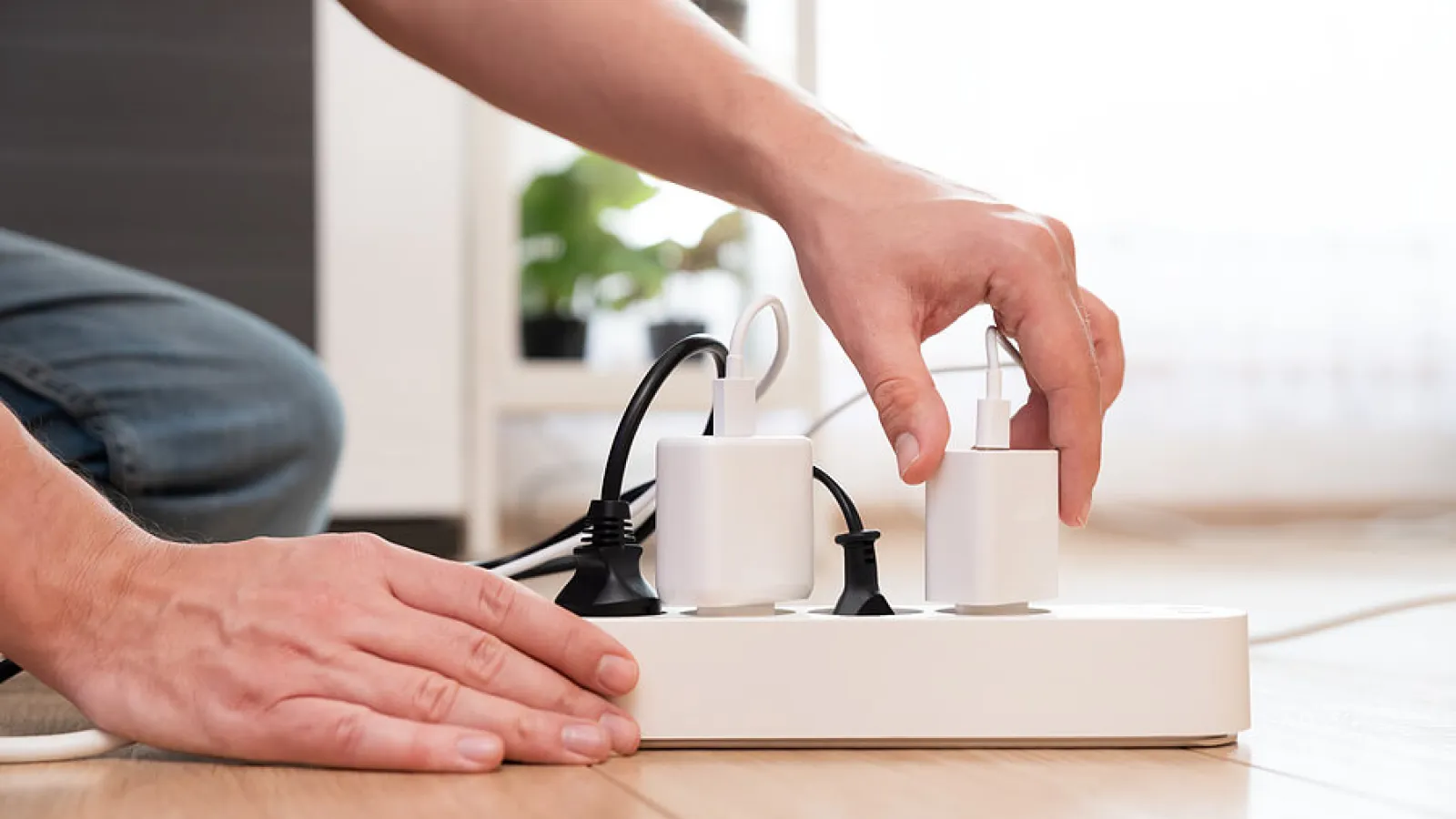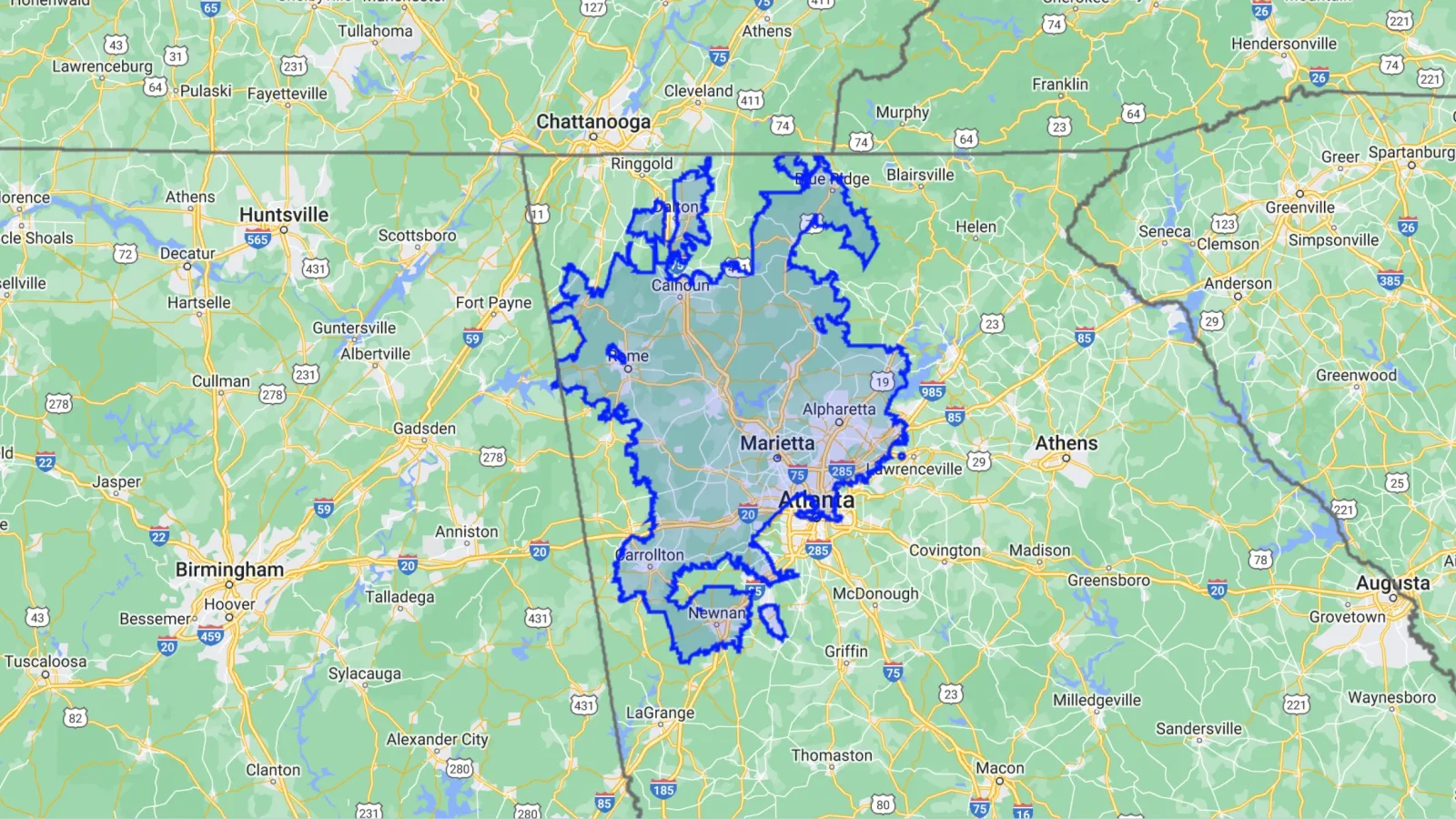As we strive to build a greener, more sustainable future, one crucial aspect that often goes overlooked is the energy efficiency of our homes. An energy-efficient home saves money and is better for the environment. We can do much at home to lower our carbon footprints in our modern desire to spend less, save money, and care for mother earth.
But before we get into how you might make your home more energy efficient, it's worth defining what it means to do a home energy assessment.
Fortunately, there are many steps you may take to see if your home meets the energy efficiency standard. You can identify areas for improvement and take immediate action to improve efficiency while saving money and the environment by doing a full home energy evaluation.
Doing Your Home's Energy Efficiency Test: A Simple Walk-Through
A proper home energy evaluation can identify energy losses, alert you to inefficient appliances, and indicate necessary repairs or replacements, such as buying an energy efficient heater.
Improving your home's efficiency will reduce utility expenses following an energy audit. The assessment is a clear run-through of your home's energy needs, but you must be diligent, so set aside some time for the process.
1. Find The Air Leaks
These leaks can be visible drafts, but they can also be small breaches around fireplace dampers, baseboards, attic hatches, electrical outlets, windows, and foundation seals.
Closing all doors, windows, and fireplace flues is the simplest way to find air leaks. Turn off your water heater and any other combustion appliances and exhaust fans. You want to stop these air flows to find the ones you don't want.
Using thermal imaging cameras can be another approach to detecting air leaks. This gadget measures temperature changes between internal and exterior surfaces, including walls and ceilings. You must plug any sources of air leaks into your home as soon as you discover them. Caulking or weather stripping can help to seal the leak and increase energy efficiency.
2. Look Into the Ventilation System
Proper ventilation is an important, yet often overlooked, part of achieving maximum energy efficiency in your home. A well-tuned HVAC system maintains your home's temperature and improves indoor air quality, resulting in a healthier living environment.
Utilizing natural airflow through windows and doors is another method for optimal ventilation. Strategically opening windows during the day when temperatures are lower can assist in bringing fresh air into your home without increasing your energy expenditures.
Consider installing exhaust fans in bathrooms and kitchens where moisture tends to accumulate. This will minimize humidity levels, avoiding mold growth and causing damage to your home.
3. Inspect Insulation Levels
The insulation in your home is crucial to preserving energy efficiency. If your insulation levels are insufficient, you may lose heat unnecessarily during the cold. During the summer, cool air may also be seeping out. As a result, your HVAC system may have to work more than necessary. To assess your insulation levels, begin by inspecting your attic.
Ensuring that your home's doors and windows are sealed is also vital. These places can contribute to energy loss and reduce your home's energy efficiency.
Examine the insulation for any noticeable holes or thin patches. Next, go down the crawlspace in the basement to see if there are any signs of damage or where in the insulating material. If you notice evidence of wear or damage in your current insulation, you should consider replacing it. Furthermore, by arranging an HVAC tune up, you may evaluate whether your insulation is appropriate or needs to be changed.
4. Assess Larger Electrical Appliances
Numerous online home energy calculators are available to assist you in calculating how much energy your washing machine, refrigerator, freezer, dishwasher, lighting system, and other appliances use.
Auditing your equipment requires time and consideration, which is why many homeowners hire professional HVAC services, but the procedure isn't hard to complete on your own.
Consider adequate maintenance if you notice equipment that is wasting energy. You should consider upgrading to a more energy-efficient model to take advantage of energy tax credits.
Although more expensive, you should consider incorporating most energy efficient appliances to enhance your home's energy efficiency, thus lowering your overall energy bills. If you're looking for alternative energy solutions, undertake a home energy audit before installing anything to ensure you don't waste money.
After you've completed your do-it-yourself evaluation, consider hiring a professional to cover issues like indoor ventilation, as well as possible areas for energy and money savings. At Guardian Home Experts, our expert team will take care of any services to help you create your energy-efficient home. Don't worry about costs as well; we provide the most competitive rates in the Greater Atlanta Area.


